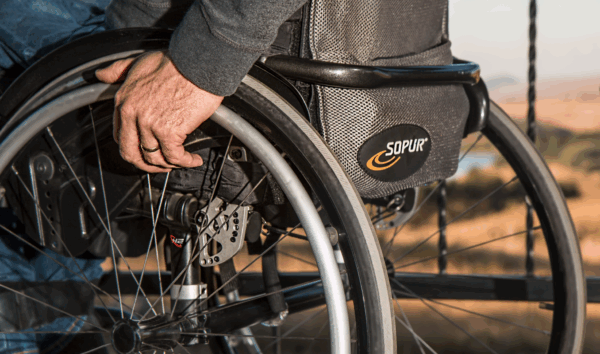
A group of lawmakers has introduced legislation in both the House and Senate designed to help ensure the VA complies with federal disability laws and remove long-standing barriers to care and services for Veterans with disabilities. The proposed legislation would establish clear guidance for making VA programs, facilities, and digital platforms more accessible.
An Advisory Committee on Equal Access, consisting of 15 members, would be created, including Veterans with disabilities, representatives from advocacy organizations, and subject matter experts. This committee would evaluate the VA’s adherence to federal accessibility laws and issue recommendations for improvement. Additionally, it would provide a formal platform for Veterans to share direct experiences and concerns regarding access to VA care, services, and information.
“It is unthinkable that federal programs intended to support our Veterans would be inaccessible to so many who live with disabilities,” said Sen. Rick Scott (R-Fla.), sponsor of the Senate bill titled Veterans Accessibility Act. “Our Veterans deserve a VA that stands ready to support them.” Sen. Jerry Moran (R-Kan.), added that the legislation would help ensure the VA complies with accessibility requirements in all locations, including rural areas where challenges are often greater.
Cosponsors Sens. Kirsten Gillibrand (D-N.Y.), Richard Blumenthal (D-Conn.), and Jerry Moran, with Rep. David Valadao (R-Calif.) introduced the companion bill in the House titled the Veterans Accessibility Advisory Committee Act. Veterans advocacy groups have called for this legislation, citing widespread access issues at VA clinics and hospitals. Common complaints include check-in counters that are too high for wheelchair users, limited parking for vans with lifts, and inaccessible exam tables.
Heather Ansley, chief policy officer at Paralyzed Veterans of America, said the legislation would help the VA address problems that federal law already prohibits but continue to affect Veterans. “Doors to some facilities don’t open automatically, restrooms don’t fit wheelchairs, and ramps are still missing in many places,” she said.
Anne Robinson, vice president of Paralyzed Veterans of America and a paralyzed Army Veteran, said her care often depends on whether VA facilities are properly equipped. “Whether an appointment room is large enough to fit my wheelchair—or even the size of an exam table—can determine whether I get the medical care I need,” she said.
Jose Ramos, a combat-wounded Navy Veteran who works with Wounded Warrior Project, said post-9/11 Veterans frequently encounter accessibility problems. “These Veterans interact with the system the most and have detailed, personal knowledge of the challenges,” he told Stars & Stripes.
Support for the legislation comes from several Veterans organizations, including Disabled American Veterans, Blinded Veterans Association, National Disability Rights Network, and United Spinal Association. Advocates say the legislation is a necessary step toward improving access and ensuring the VA meets the needs of all Veterans with disabilities.












